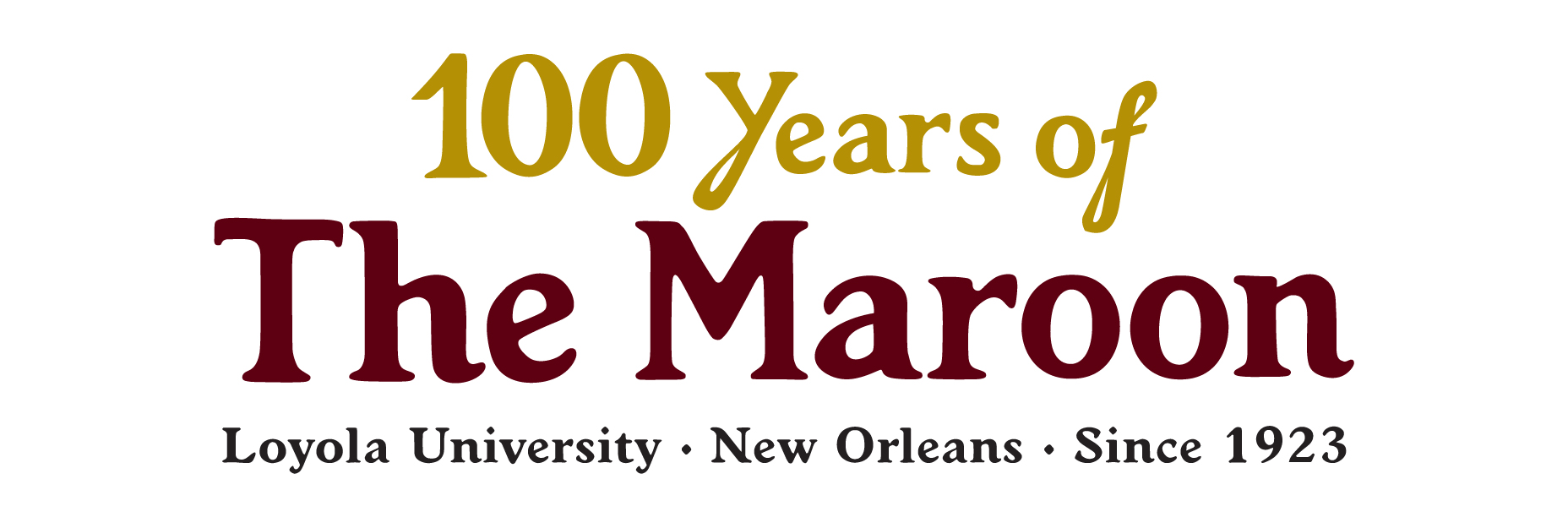Editor:A column published April 12 in the Life and Times section inspired me to add a few comments of my own on the subject of stereotypes. And what better way to let the populace know than through the use of the newspaper? I bring one big question to mind. What is a stereotype? Well, the Webster dictionary defines it as a conventional, formulaic and oversimplified conception, opinion, or image. However an issue brought up often is how stereotypes can be stopped. This is a society that will allow certain words to be said at certain times in history but not others. That is crazy. What are we all arguing about in the first place? Do all people from different ethnic and racial backgrounds have a dissimilar idea of stereotypes? How is it that people can be friends with each other for so long, and then suddenly misinterpret each other’s comments as prejudiced? It is impossible to say that no one has some sort of prejudices. For example, if a person hears that a restaurant is not good, then perhaps one might prejudge that restaurant and not eat there. They are prejudiced because they haven’t experienced that restaurant firsthand and thus really don’t know how it is. This university is so filled with prejudices; I even know students who would not set a foot in certain states just because of the “bad” things that they have heard about that state. Is that right? I would assume not, but it is always hard to change people’s views about life. A very influential professor told me that a truly prejudiced person is one who is not educated enough to understand the other’s point of view. So I acknowledge that this university, with all of its prejudices, is only helpful to students so that they may educate themselves more and understand different viewpoints from other intelligent people. After all, “Knowledge is Power.”As far as the South is concerned, I feel that the South is singled out more than any other part in the country, because of its reputation for a tradition of racial and social boundaries. Yet, why is it that northern cities such as Chicago are broken up into several different segregated parts? They have a Little Italy, a Greek area, a Chinatown, and a Southside (which is almost 100 percent African American). It seems to me that other places have a lot more racial and ethnic issues than New Orleans or Atlanta. So why is it that these social boundaries are not crossed in other places like they are here? I suppose it is for the simple fact of not allowing everyone the equal opportunity in life to become successful. And I personally take offense when I hear from people that my part of the country is biased, when I would like to remind people that their part of the country is perhaps the one with a stereotype of the South.
Harold Weiserhistory freshman
